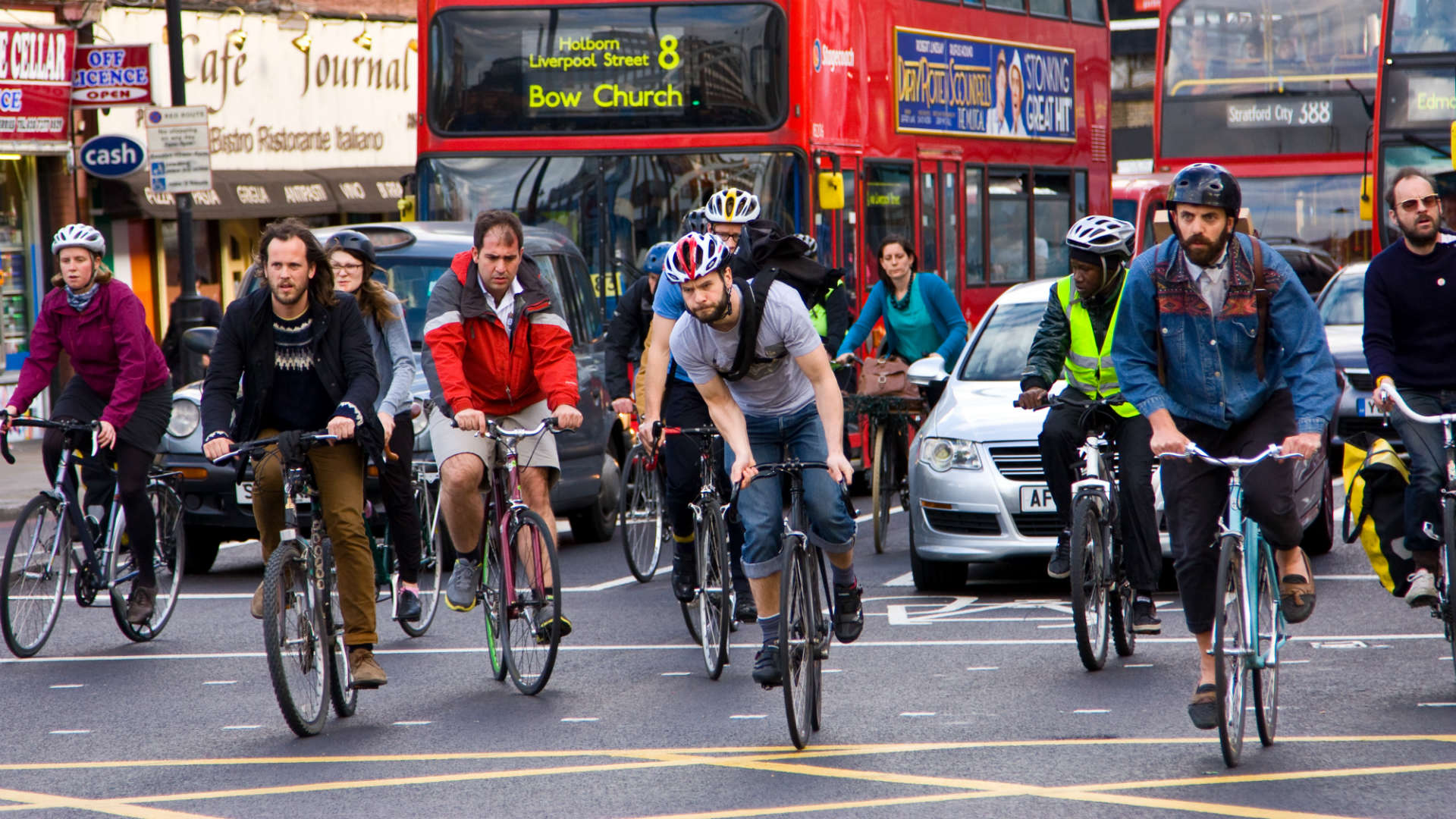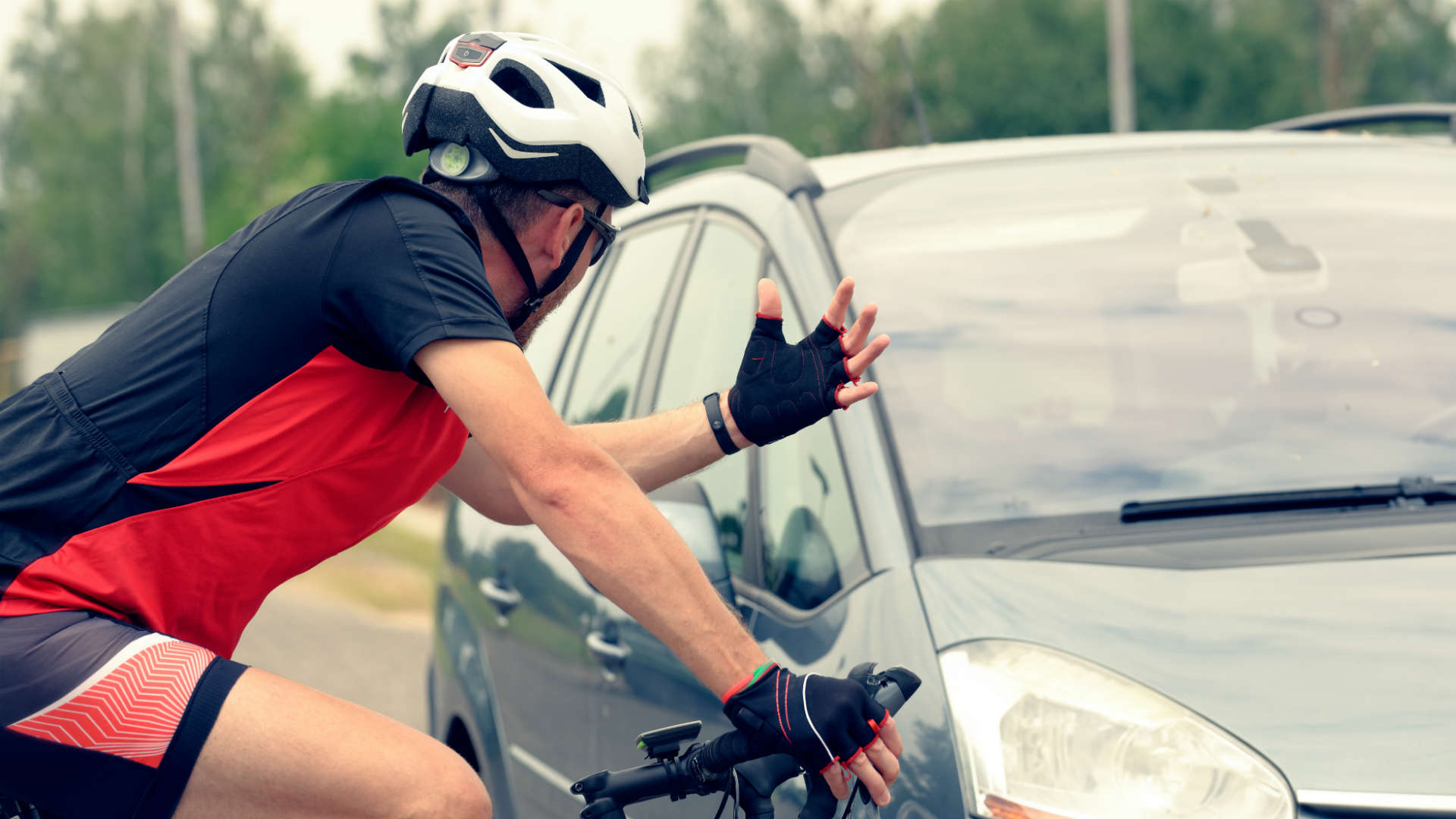
Motorists are calling for new legislation to deal with the rising number of cyclists on the roads, with some calling for bicycles to be fitted with licence plates.
68 percent of motorists surveyed by InsuretheGap.com said that they want bicycles and electric bikes to have a registration number, a view that is likely to sit uncomfortably with the 1.7 million people who cycle every day.
The internet is awash with ‘car driver vs cyclist’ dash- and head-cam videos, with motorists believing that a licence plate would make the cyclist more identifiable.
More than half (53 percent) of the 2,000 people surveyed said that cyclists should also be required to hold a licence, while 44 percent want them to pay Vehicle Excise Duty (VED). Given the fact that bicycles produce zero emissions, the price of VED would be… nothing, right? Just checking.
Furthermore, 59 percent of motorists think that all cycles and electric bikes should be required to pass an annual safety inspection, along the same lines as the MOT test.

Around 25 million people either own or have access to a bicycle in the UK, with around four percent of commutes in England completed on two wheels.
It’s during the morning and evening commutes when ‘car vs bike’ flashpoints tend to occur, when stress levels are high and the roads are most congested.
The survey revealed that 60 percent of motorists believe there are too many cyclists on main roads, with 45 percent saying bicycles should be banned from A-roads. Two-fifths think that cyclists should be banned from narrow roads.
For its part, Cycling UK believes that “the behaviour and attitudes of some road users, sub-standard highway layout and motor traffic volume and speed all conspire to make cycling feel and look more dangerous than it actually is.”
Creating tension

Ben Wooltorton, CEO of InsuretheGap, said: “The explosion in bike usage in recent years is good news for the environment and should also help to ease congestion in urban areas if managed correctly.
“However, our survey picked up a definite feeling among motorists that they are often held to higher standards than their fellow road users when it comes to adherence to the Highway Code”.
“Roads, particularly in towns, are increasingly being used as ‘shared spaces’ and it’s important that legislation, infrastructure planning and funding take into account the views, requirements and safety of all road users, otherwise this tension between different groups is almost inevitable.
“Our survey also particularly highlighted that motorists are concerned about road funding, safety and also insurance, which isn’t currently compulsory for cyclists, unlike most other road users.”